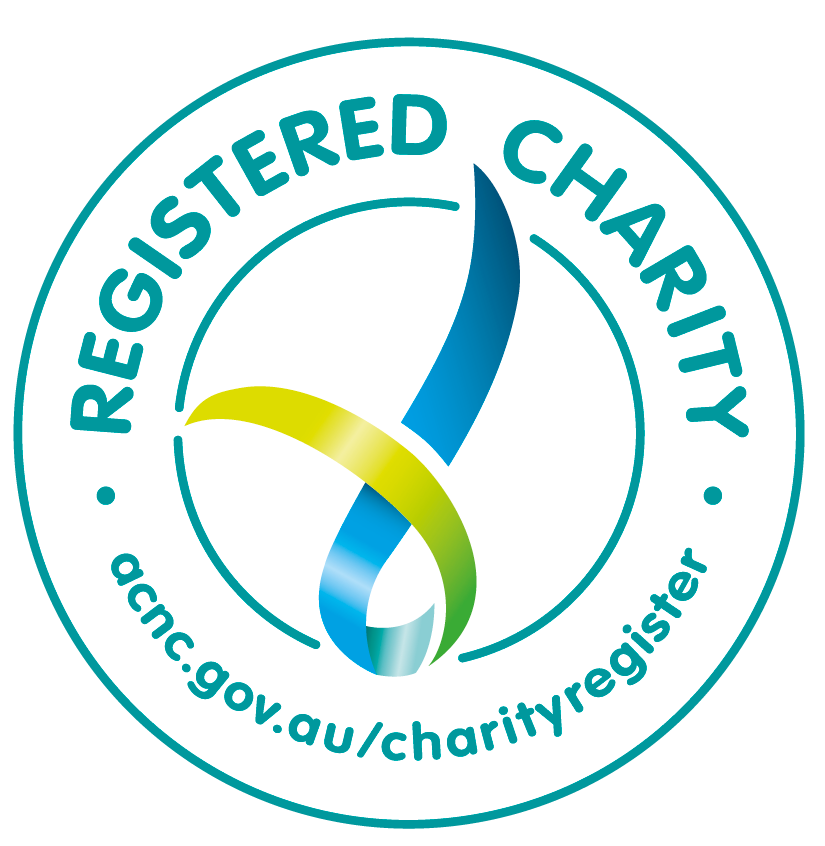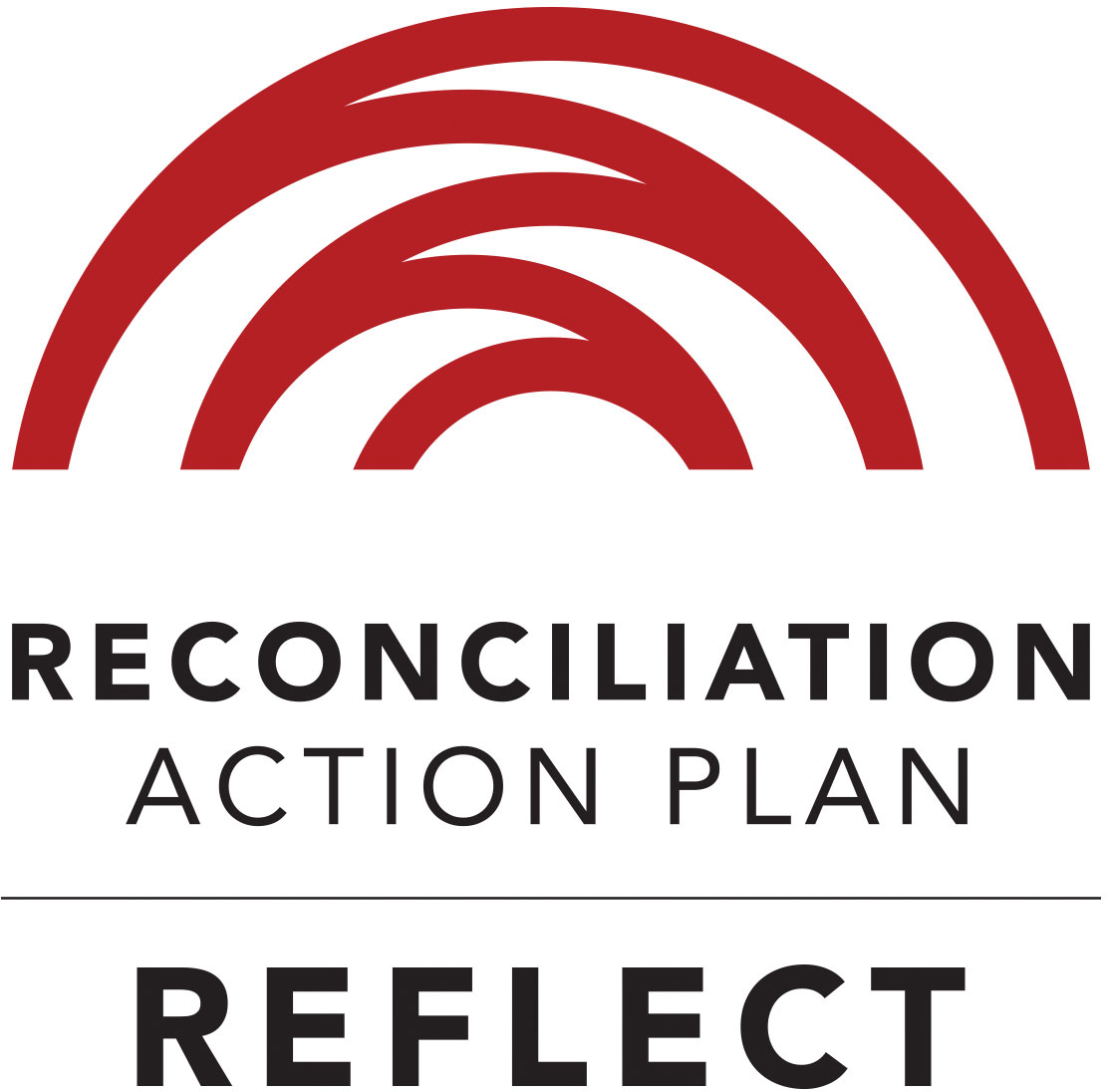More pages in this section
A community approach to suicide prevention in rural and remote areas
With suicide rates across regional Queensland up to three times higher than the national average ,understanding how social determinants impact suicide is essential for developing and improving services that can help prevent it.
Organisations like Suicide Prevention Queensland are taking a community-based approach, engaging key stakeholders at all levels to understand the risk factors and develop solutions to ensure that suicide prevention is everyone’s business.
Suicide Prevention Queensland General Manager Sandra Moore said suicide was not caused by a single factor, but rather by a combination of factors that varied from person to person.
“Factors can include a person's age, gender, sexual orientation, socioeconomic status, cultural background, and the ways in which they intersect,” said Sandra.
“The social, economic, and physical environments in which we live, (known as the social determinants of health and wellbeing), shape suicidal behaviors.”
Although there has been progress in understanding suicide and the causes, there is still much to learn. Suicide can affect anyone, regardless of their age, gender, race, or socioeconomic status.
“Some people who die by suicide may have struggled with mental health issues for a long time, while others may make a sudden decision.”
A person's exposure to risk factors and the availability of support systems in their community can be considered when trying to understand why someone might take their own life, and what can be done to prevent it.
Remoteness as a risk factor for suicide
Suicide in Queensland is the leading cause of death for individuals aged 15 – 44 years.
Research shows that a large portion of those who died by suicide in 2020-21 had at least one personal barrier that prevented seeking help.
Remoteness is a significant risk factor for suicide, with the likelihood of dying by suicide increases the further away a person lives from a major city.
Data from 2010-2014 shows that residents of major cities had the lowest rate of suicide deaths per 100,000 people, while residents of very remote areas had the highest rate every year.
The reasons for this could be because people in remote and rural areas face more barriers to accessing support for mental health, are more prone to experiencing natural disasters, and maybe reluctant to seek help or support due to perceived stigma and shame
Barriers to accessing mental health support: People who live in remote areas can have limited access to mental health services and support networks, and often report large gaps between referrals and receiving care, leaving those in crisis at risk during this critical period.
A report by Beyond Blue stated that in 2016-17, 20.5 per cent of people in regional and very remote areas of Australia waited longer than they felt acceptable to get an appointment with a doctor, compared to 17.8 per cent in major cities.
“Andrew” - a regional community member, expressed his concerns regarding the lack of mental health and suicide prevention resources available in his community, “We live in an isolated town where we have a wide range of mental health concerns …There is not much available that is good, and what is good is booked out for months.
"Mental health issues need addressing now - not 3 months down the track."
Increased exposure to natural disasters: People who live in remote areas are more likely to be exposed to natural disasters, such as bushfires, floods, and cyclones. These events can be traumatic and can lead to feelings of hopelessness and despair.
Perceived stigma and shame: People who live in remote areas may be more reluctant to seek help for mental health problems due to perceived stigma and shame.
They may worry that others in their community will judge them if they admit to having suicidal thoughts. Suicide Prevention Queensland is continuously consulting and engaging with local stakeholders to ensure the conversations that surround suicide prevention are embedded in communities.
It is important to note that remoteness is just one risk factor, and it is not always the only factor that is involved.
We understand that suicide prevention is everybody’s business and learning the skills to recognise the signs is a simple and effective way to build resilient communities.
Investing in your community to save lives - the importance of a community approach to suicide prevention
Community-based suicide prevention, as adopted by Suicide Prevention Queensland, is a comprehensive approach that engages the entire community.
“This approach relies on consultation with community leaders, residents, people with lived experience, services, professionals, and businesses,” said Sandra.
“It supports community leaders to get involved at the grassroots level in program design and partnership with existing services and professional support.
“Decision making and co-design of the programs with local communities empowers groups and individuals, and ensures the program is tailored to the unique needs and challenges of the region.
Suicide Prevention Queensland knows that no one understands their community better than those who live in it.
Working on the ground to understand the unique challenges they face is key to developing plans and actions tailored to each region’s needs.
Suicide Prevention Queensland does this through consultation with:
- residents
- local allied health professionals
- service providers
- community leaders (local members, government etc.)
- those with lived experience
The power of lived experience in community led suicide prevention programs
People with lived experience of suicide are defined as those who have attempted suicide or who have lost someone to suicide. They can provide valuable insights into the experience of suicide and can help to raise awareness of the issue.
“These people include friends, family members, and healthcare professionals (to name a few), and are in a position to identify people who may be at risk of suicide,” said Sandra.
Partnerships between services and people with lived experience are essential for effective suicide prevention programs as they can provide support and resources to people at risk, share their own stories and help to break down the stigma associated with suicide.
“Through our approach we can support individuals to make significant connections to their community, learn new skills and build resilience to assist their recovery to mental wellness and contribute to suicide prevention.
“ We will work with communities across regional Queensland to develop and deliver services to reduce dependency on clinical support services by providing psychoeducation around mental health concerns to empower individuals to have a greater sense of control over their mental wellbeing”.
An initiative of selectability, Suicide Prevention Queensland has strong and enduring relationships with local groups across regional Queensland to deliver tailored support and suicide prevention programs to communities. To learn more about how our suicide prevention programs and our approach to suicide awareness, please visit our website.
As a registered charity, we rely on the generosity of partners and donors to support our services.
There is a high demand from communities for these services, and many people want to get involved and support the vital work that is being done.
The easiest and most effective way to put money into suicide prevention in the community is to sign up for Suicide Prevention Stars regular giving program.
This program allocates 90 per cent of funds received straight back into regional communities and provides you with the knowledge that your ongoing donation will make a real difference in helping to fund the organisation's programs and services.
Help is available
If you or someone you care about is in immediate need of support, please contact:
- Suicide Call Back Service 1300 659 467
- Lifeline 13 11 14
- Kids Helpline 1800 551 800
- Standby - Support After Suicide 0438 648 268
You can make a difference
Suicide prevention is complex and requires sustained effort from everyone in our community.
No matter how small the action you take, when combined with the actions of others, you can make a big difference.
It's easy to overlook the significance of individual actions when viewed in isolation, but the cumulative effect of countless individuals working together can't be understated.
Many stars shining brightly create a much more powerful impact than a single star alone.
Join our Suicide Prevention Stars regular giving program today and help us prevent suicide in regional Queensland.
USEFUL LINKS

selectability acknowledges the Traditional Owners of the land on which we provide services and pay our respects to Elders past, present and emerging. We acknowledge those with lived experience and those who support and partner with us to improve mental wellbeing and prevent suicide across regional Queensland.

